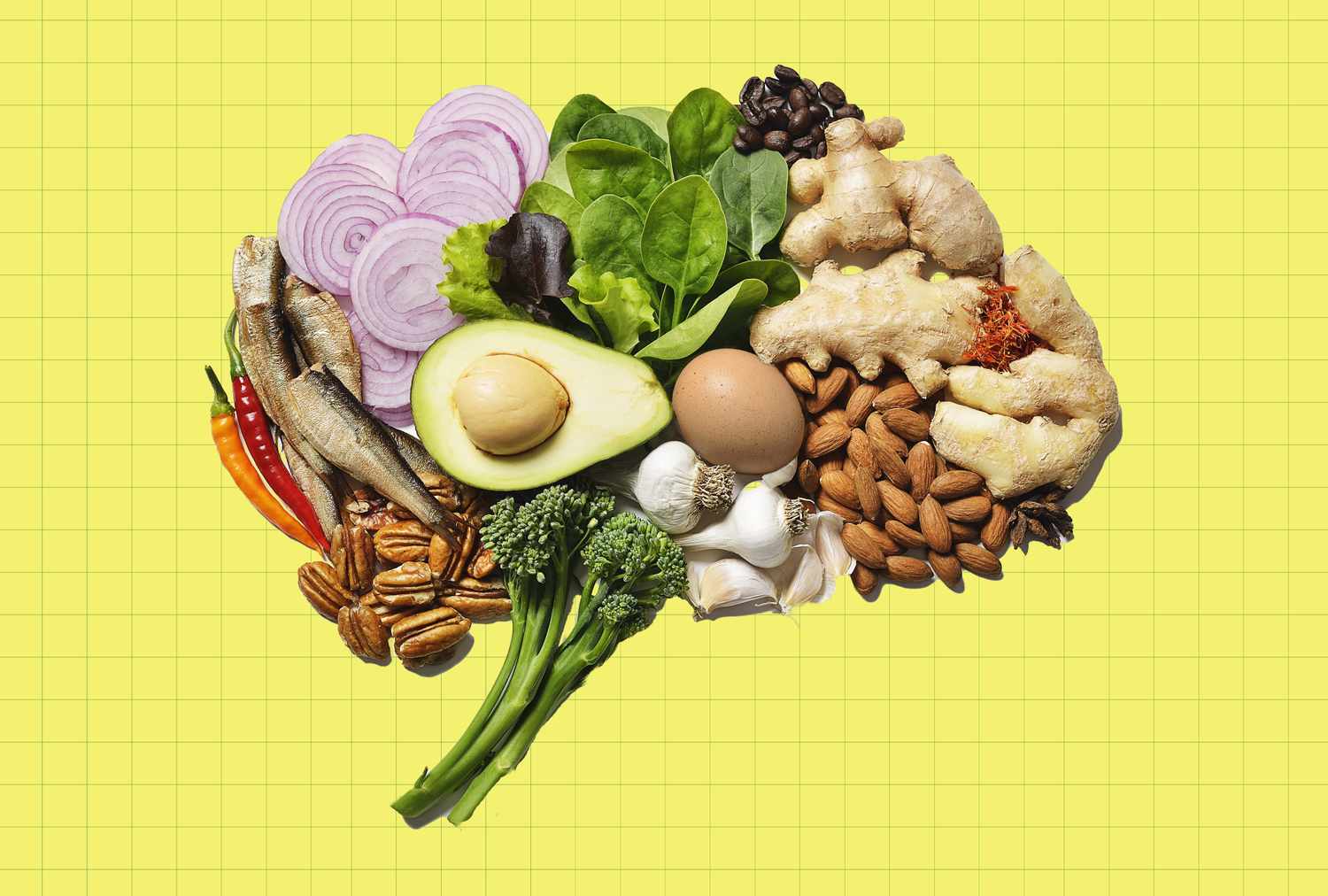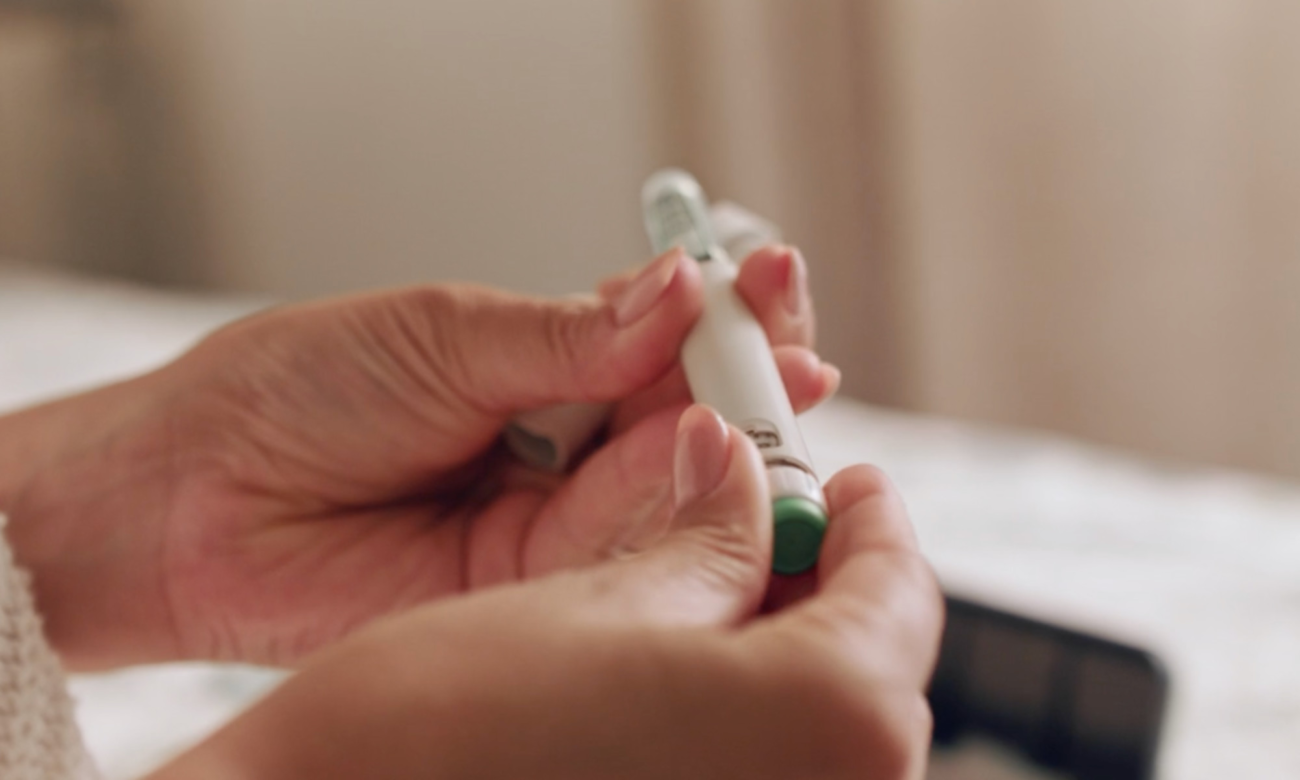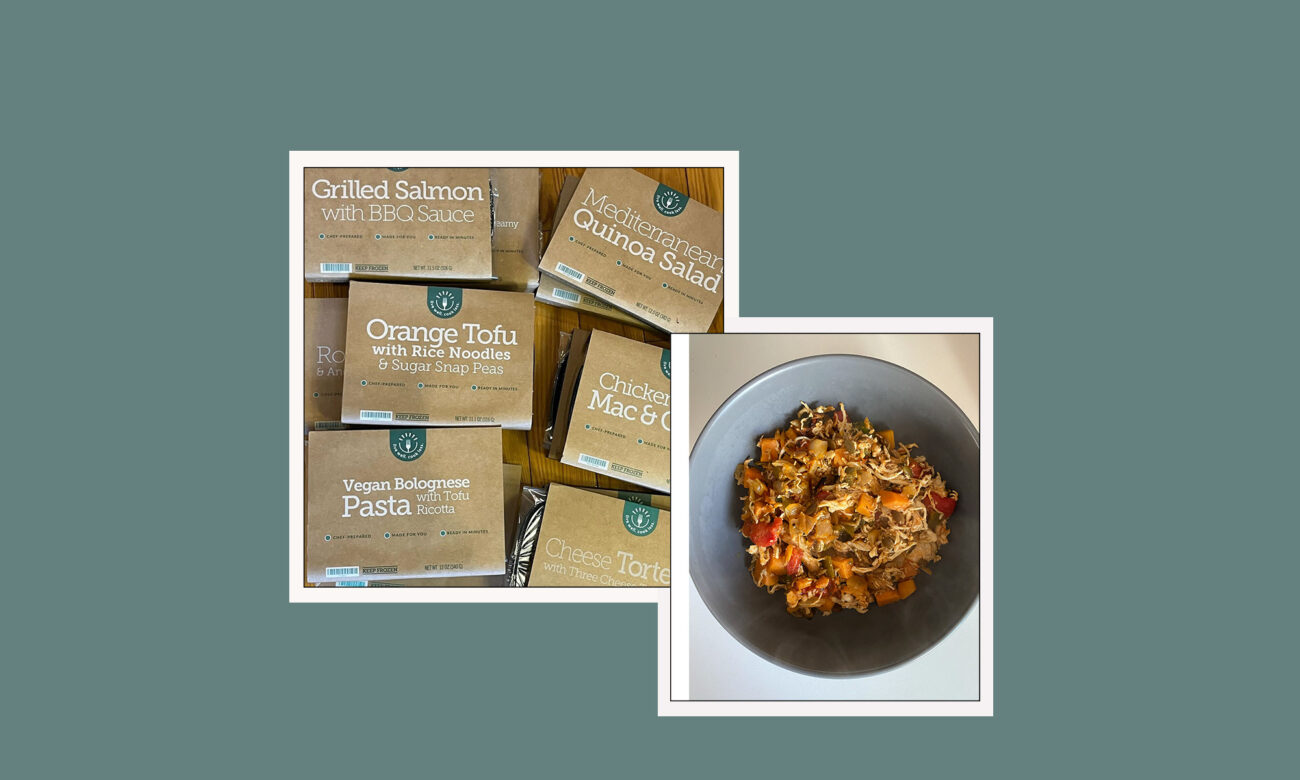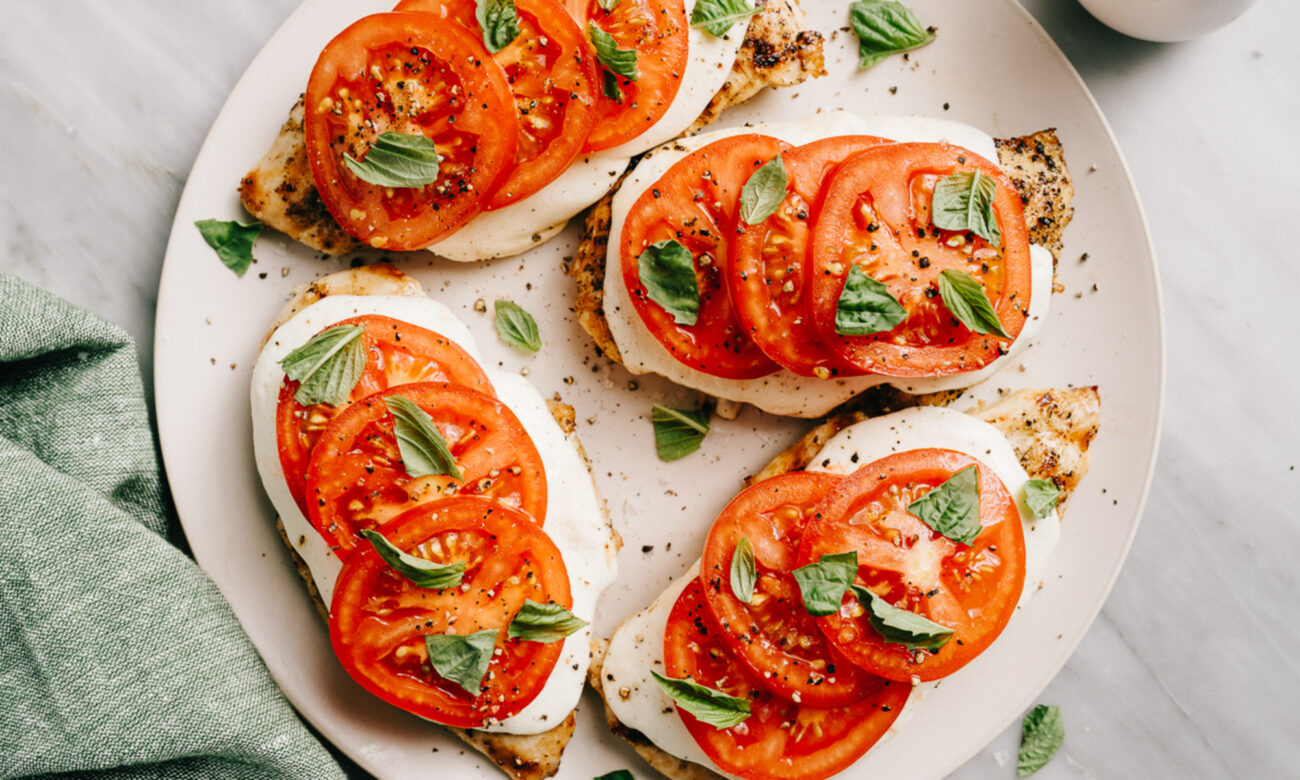Blog
This Diet May Prevent Neuron Loss and Dementia

- This study links the MIND diet to less neuron loss in the hippocampus, which is key to memory and learning.
- Participants who followed the MIND diet closely had a 22% lower chance of hippocampal sclerosis.
- These findings build on evidence that food choices may influence brain aging and dementia risk.
Everyone wants to protect their memories. The idea of forgetting familiar faces or treasured moments drives many people to look for ways to protect their brain health. That motivation has fueled growing interest in lifestyle habits—especially diet—that could help keep the mind sharp.
One part of the brain researchers are particularly focused on is the hippocampus, a hub for learning and memory. When it sustains damage in the form of hippocampal sclerosis (a severe loss of neurons in this region) it’s often linked to dementia. These cells don’t grow back.
A new study, published in JAMA Network Open, offers intriguing evidence that what you eat may influence the odds of developing this type of brain damage. It examined the MIND diet, an eating pattern built to support cognitive health, and found that people who followed it more closely were less likely to lose neurons in their hippocampus. It’s a new piece in the larger puzzle of how diet may help preserve brain function with age.
How Was This Study Conducted
Researchers analyzed data from 809 participants in the long-running Rush Memory and Aging Project, all of whom had agreed to donate their brains for research after death. None had dementia when they joined the study, and they completed annual food questionnaires for up to 18 years.
Using these detailed diet records, scientists calculated a MIND diet score for each person, with higher scores reflecting closer adherence to the diet. After death, brain tissue was examined for signs of hippocampal sclerosis, hippocampal sclerosis with limbic-predominant age-related TDP-43 encephalopathy (LATE-NC), and general hippocampal neuronal loss.
The participants had an average age of 91 at death, and most were white.
What Did the Study Find?
Those with the highest MIND diet scores had about a 22% lower chance of having hippocampal sclerosis compared to those with the lowest scores. They were also less likely to have hippocampal sclerosis alongside limbic-predominant age-related TDP-43 encephalopathy (LATE-NC) and had less overall neuronal loss in the hippocampus.
The link held even after accounting for age, sex, education, total calorie intake, genetic risk for Alzheimer’s disease, Alzheimer’s pathology and vascular disease in the brain.
The study also found that hippocampal sclerosis explained about 21% of the connection between the MIND diet and lower odds of dementia at the time of death.
Still, the authors note important limitations: the study was observational, so it cannot prove the diet prevented brain damage. Other factors not measured could play a role. And because the participants were almost entirely non-Hispanic white older adults, the findings may not apply to all populations.
How Does This Apply to Real Life
Even though this study can’t prove that the MIND diet directly prevents neuron loss, it builds on earlier research showing the diet’s link to slower cognitive decline and a lower risk of dementia. Taken together, the evidence paints a consistent picture: your daily food choices may play a meaningful role in how well your brain ages.
The MIND diet isn’t about perfection or rigid rules. It’s about tipping the balance toward foods known to nourish the brain. That means:
- Eating leafy greens most days of the week
- Including berries a few times per week
- Choosing nuts, beans, whole grains and olive oil regularly
- Eating fish and poultry more often than red meat
- Limiting foods like butter, full-fat cheese, pastries, sweets, fried food and fast food
If that sounds like a big leap from where you are now, start small. Picture your week of meals and identify one easy win: maybe swapping your usual side of fries for a green salad a couple of times, or tossing a handful of walnuts into your afternoon yogurt. Keep a carton of blueberries in the fridge—or a bag in the freezer—so you can grab a brain-friendly snack without thinking twice. If you cook with butter by habit, try drizzling olive oil over vegetables instead and notice how quickly the swap becomes second nature.
If you’re ready for a bigger overhaul, trying something like our weeklong Cognitive Health Meal Plan could be a great next step. We also love MIND diet recipes like our Chicken & Spinach Salad with Creamy Feta Dressing and Lemon-Garlic Chicken Casserole, since they include big flavor, plenty of veggies and some whole grains, too.
And these changes aren’t just good for your hippocampus. They may also improve heart health, lower inflammation and help you feel more energetic day to day—benefits you can notice long before any memory test. The beauty of the MIND diet is that you don’t have to overhaul your entire plate at once; you just have to start leaning, meal by meal, in the right direction.
The Bottom Line
This is the first human study to show that following the MIND diet is linked with a lower likelihood of hippocampal sclerosis, a type of neuron loss tied to dementia. While it can’t prove the diet directly prevents brain cell loss, it adds to a growing body of evidence that what you eat matters for brain health. Focusing on plant-rich meals, healthy fats, and limiting processed foods may be one step toward protecting your memory in the years ahead.












